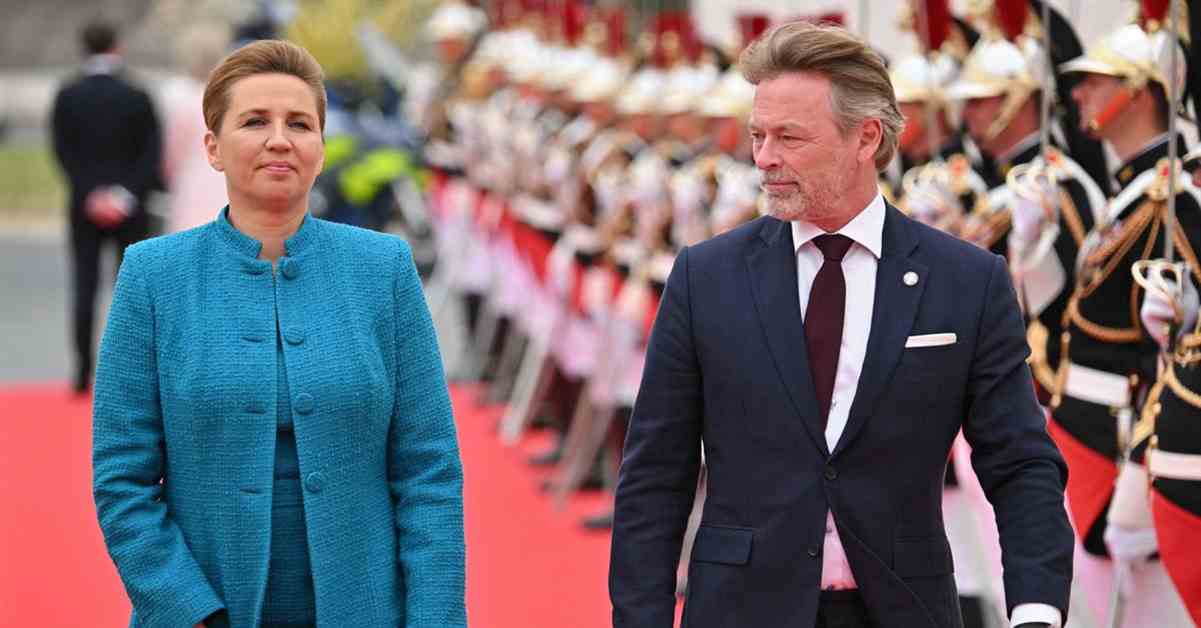Attack on Danish Prime Minister Frederiksen
The Danish Prime Minister, Mette Frederiksen, has suffered a “mild whiplash” after being attacked by a man on Friday evening in the capital, Copenhagen. Her cabinet announced this on Saturday. Frederiksen expressed being “shocked” and canceled all her appointments on Saturday. This weekend, European elections are also taking place in Denmark.
The man who attacked Frederiksen will remain in custody for at least twelve days. This decision was made by the judge on Saturday after a hearing in Copenhagen, as reported by the Danish news agency Ritzau. The police stated that there is likely no political motive behind the attack. The suspect, a Pole who has been living in Denmark for several years, denied being guilty. The man referred to Frederiksen as a “really good prime minister.” He was presumably under the influence of alcohol and/or drugs.
“Strong push”
Frederiksen was caught off guard by the assailant on Friday evening in a square in the center of Copenhagen. He gave her a “strong push,” causing her to briefly lose her balance but not fall to the ground, according to witnesses as reported by the Danish newspaper BT. Although the Danish Prime Minister did not sustain visible injuries, she was immediately taken to the hospital.
Several European politicians have already spoken out against this new incident of violence against a politician in Europe. Last month, there was the failed assassination attempt on the Slovak Prime Minister Robert Fico, and German politicians have also been subjected to repeated violence in recent weeks.
The President of the European Commission, Ursula von der Leyen, described the attack on the Danish Prime Minister on Saturday as a “despicable act,” just like the French President Emmanuel Macron, who called it an “unacceptable attack.” The President of the European Parliament, Roberta Metsola, also condemned the attack in strong terms and emphasized that “violence has no place in politics.” The Italian Prime Minister, Giorgia Meloni, also expressed her support for her Danish counterpart by referring to it as an “attack on the heart of democratic values.”

